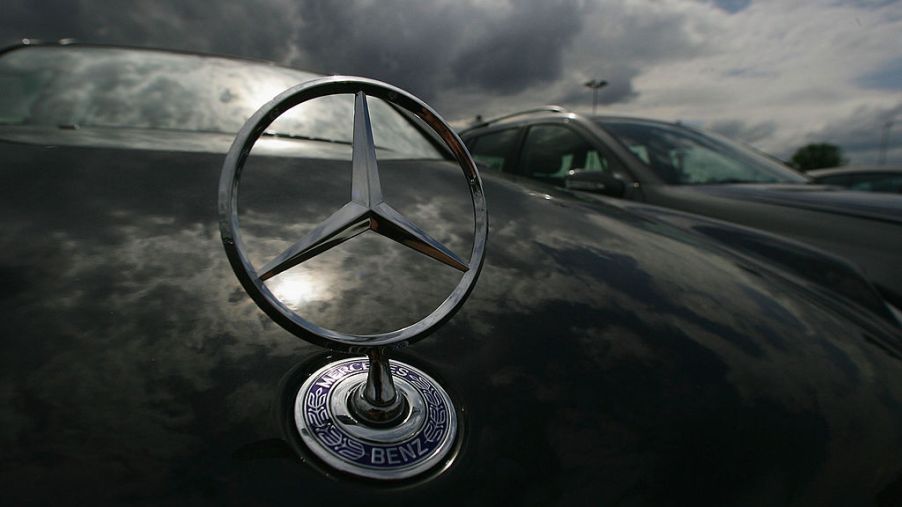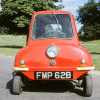
Mercedes Goes All in on Electric, the Company Will Stop Making Gas Engines
A world with all-electric vehicles has long seemed like a distant possibility, but the day seems to be approaching faster and faster. Despite some hesitance and misunderstandings on the part of consumers, electric vehicles have garnered significant amounts of attention in the last year.
New hybrids and EVs are being created at a faster rate, and their performance has also steadily been improving. Auto companies the world over have hurried to keep up with this expanding trend, even while it’s still clearly in its infancy.
Daimler, the parent company of Mercedes-Benz, recently announced that it has no plans of developing vehicles with internal combustion engines. This makes Mercedes the latest auto brand to publicly embrace electric vehicles, a growing trend that could have an overwhelming impact on automobiles well into the future.
The Daimler announcement
According to Auto Motor Und Sport, Daimler development chief Markus Schaefer announced that the company has no plans for any future gasoline engine developments. While he did suggest this outlook could change, he also asserted that the company is primarily focused on electric-drive engines.
In other words, electric vehicles appear to be the new standard moving forward. While the company already has a handful of electric cars, trucks, vans, and SUVs, the implication is that there will likely be much more variety in years to come.
These insights come at the heels of Volkswagen announcing that it will cease production of gasoline engine vehicles after the end of its scheduled 2026 lineup.
It’s also nearly a year behind GM announcing similar goals in December 2018 to transition to all-electric power. So far, these companies seem to have taken the biggest steps in regard to embracing electric vehicles, but their competition shouldn’t be far behind.
In light of emissions standards changing rapidly around the world, more and more vehicle manufacturers are going to need to keep up with the demand for electric power. It isn’t surprising to see brands like Mercedes and Volkswagen leading the way. The real question is how long it will take for other brands to follow suit.
What this means for Mercedes-Benz
Reception to this news has been positive overall, with even Elon Musk giving Mercedes props for the decision. All-electric vehicles are riding a growing wave of popularity that’s likely not going to crash any time soon.
With this in mind, there are already an assortment of electric-powered projects Mercedes has been waiting to unleash. During the Frankfurt International Motor Show this September, Mercedes unveiled its new full-sized electronic seadan, the Vision EQS. Other plans for the future include an EQV electric people mover and a possible electric version of the GLB crossover.
Of course, the market for electric vehicles is still relatively small. Though support for electric-powered vehicles has steadily risen, consumer purchasing has been slow, reaching only about 2% penetration in the U.S.
As new models are created and costs go down, it’s hoped that demand will increase at a higher rate. Some companies, such as BMW, see the development of gasoline-powered vehicles extending well into the next century. Opinions on the immediate success of electric vehicles remains divided, though it’s generally agreed that EVs dominance in the auto industry will come sooner or later.
As technology continues to improve, the range, capabilities, and accessibility of electric vehicles are likely to expand. How rapidly these vehicles are accepted, and how revolutionary the impact will be, is in large part up to companies like Daimler and Mercedes.
Bold steps must be taken. With its example, consumers are more likely to take notice, which should drive other companies to follow along. The future of all automobiles is being shaped now. One thing is for sure, electric power is sure to be a part of it.


